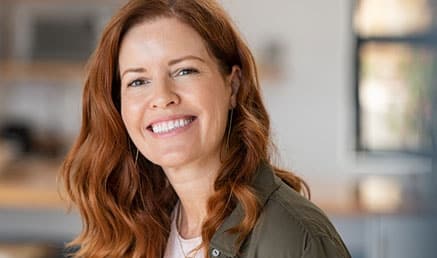
“It’s our polite nudge in the ribs to help you and your team stay organised and on task.”
This week’s subject is: Physical Activity.
Element 2.1.3: Healthy eating and physical activity are promoted and appropriate for each child.
How does your Service incorporate fun and challenging physical activity into everyday routines, across the program and promote leading a healthy, physically active lifestyle with families?
Fostering a healthy lifestyle within ECEC services is crucial for laying the foundation of lifelong well-being in children. Promoting physical activity is a key component, as it supports physical development, enhances cognitive function, boosts emotional health and foster’s children’s developing independence.
Engaging children in age-appropriate physical activities across learning environments, such as skipping, dance, obstacle courses, climbing and yoga; helps develop motor skills, coordination, and confidence. By integrating daily fundamental movement opportunities, providing nutritious meals, and modelling positive behaviours, ECEC services create an environment where children learn to value health and activity, setting them on a path to thrive in the present and the future.
Services should set up and plan their environment, educational program and resources with a focus on encouraging children to be active in a variety of contexts, whether during indoor or outdoor play, structured and non-structured activities.
-
- Use children’s interests (from information collected at and throughout enrolment) to guide the program planning and resources
- Survey children on their favourite sport, physically active games and creative movement
- Consider engaging external providers to facilitate multisport programs at the Service
- Encourage children’s participation by making physical games/activities fun and acknowledge/boost children’s participation through verbal encouragement
- Plan physically active experiences that are age appropriate, yet challenge children’s ability, allow them to experience success and extend their development
- Ensure educators are actively involved in physically active play, where appropriate
- Ensure that the environment is set up to facilitate safe physically active play that is free of hazards
- Plan fun and engaging open ended experiences that allow and encourage children to be creative and expressive (creative movement, dance, drama, yoga)
- Educators role model healthy lifestyle by incorporating physical activity into daily routines
- Educators take opportunities to discuss the importance of physical activity for our overall health and wellbeing.
Ensure you regularly share information with families to promote an active lifestyle and provide them with the latest information about healthy living:
-
- Provide a regular (“Healthy Living”) section in your newsletter with tips to get children active and examples of physically active games, activities to do around the house and links to online resources.
- Provide information about the importance of physical activity to children’s health and development in the Family Handbook along with links to research explaining the benefits.
- Promote local sporting events, fun runs and activities in your newsletter, flyers at the service or posted via online platforms (social media, information sharing apps), including your local businesses providing lessons for swimming, nippers, gymnastics, dance, kids yoga, kinder sports/gym, Ready Steady Go etc.
- Share physically active play experiences/activities from the Service’s program with families, particularly those that are popular with the children
Resources for Services:
Get up and Grow- Staff Handbook, Director/Coordinator’s Handbook
Healthy Kids get active each day
We hear you- Seven Meters Squared
External providers: Sport Tots- NSW, QLD & VIC, Kelly Sports- SA, ACT, VIC
Resources for families:
Get up and Grow- Family Handbook
Using screen time and digital technology for physical activity: children and pre-teens
Physical Activities for Toddlers and Preschoolers
Physical Activity- 0-5 years, school-age children
Danny Go- YouTube- Interactive videos for toddlers & preschoolers
Movement guidelines for children
Within System7 go to Quality Area 2/Module 15 to submit self-assessment notes and if required, open a QIP issue if you identify any areas of improvement.
The Childcare Centre Desktop has a range of resources to assist services with healthy lifestyle. These include Physical Activity Policy, Program Template, Critical Reflection Template, Observation Template and much more.
Resources, NQS Element, Regulation and System7 links:
Childcare Centre Desktop – Childcare Centre Desktop
National Quality Standard – QA 2/ 2.1.3- Healthy Lifestyle
National Regulations – 76, 77, 168
System7 Module – QA 2/ Module 15
If you have any questions send us a note via the Contact page here!




